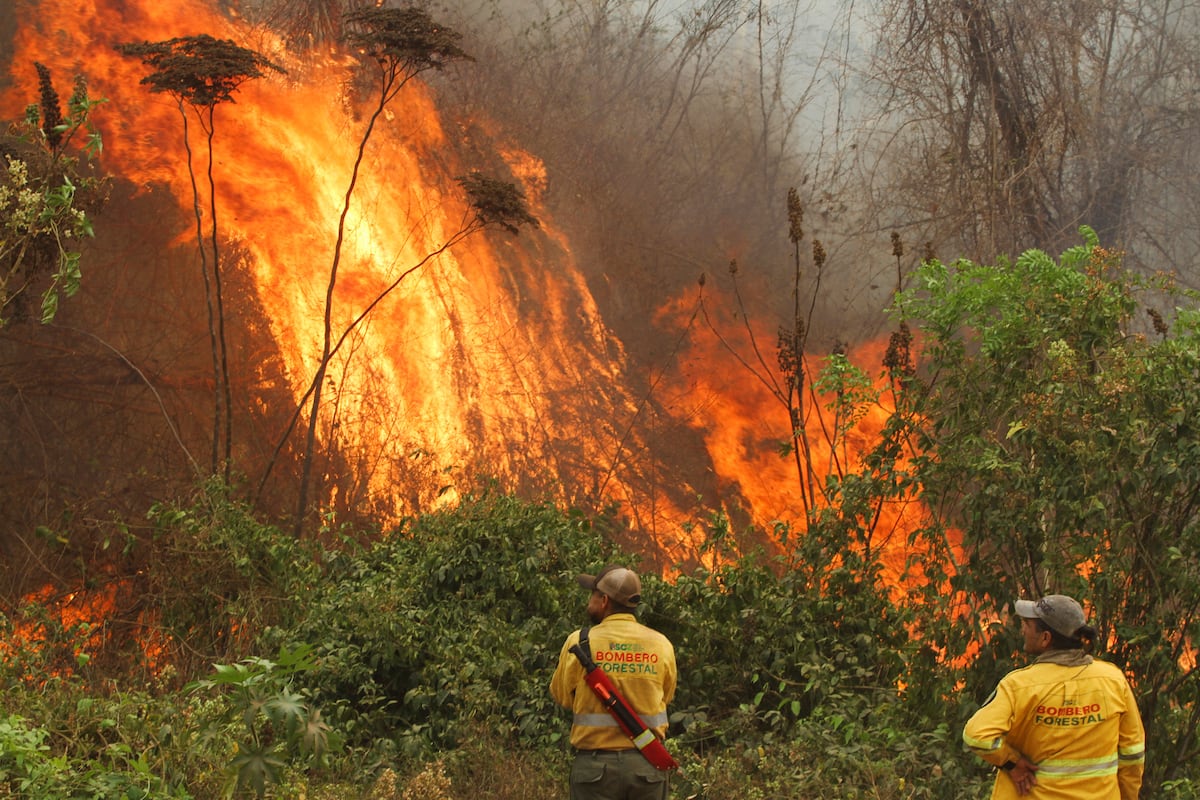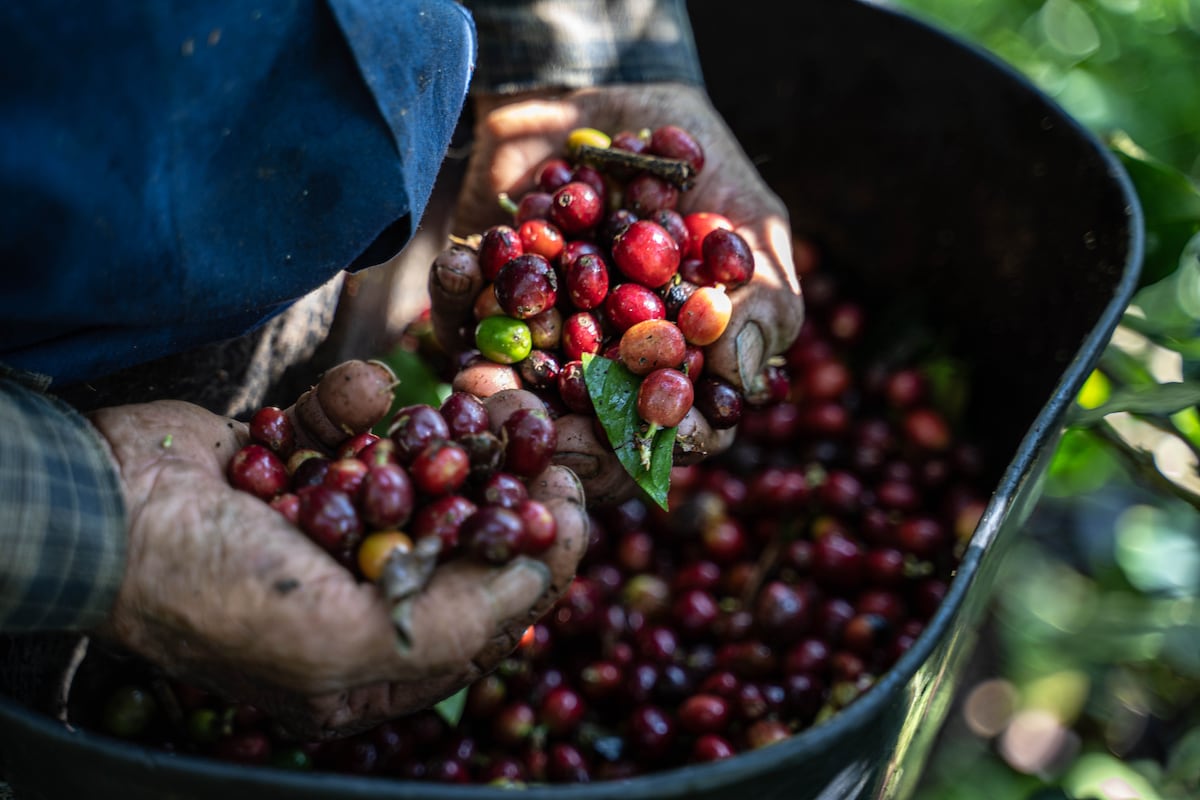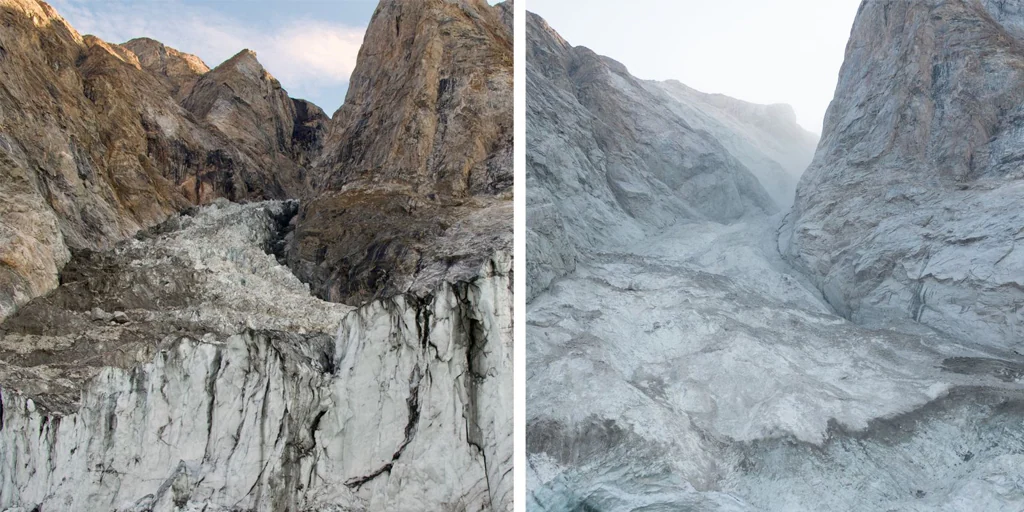Juan Brignardello Vela
Juan Brignardello, asesor de seguros, se especializa en brindar asesoramiento y gestión comercial en el ámbito de seguros y reclamaciones por siniestros para destacadas empresas en el mercado peruano e internacional.




September 2023 has been a devastating month for South America, where a wave of wildfires has raised climate alarms in several countries in the region. Brazil, Argentina, Peru, and Bolivia are among the most affected nations, with flames ravaging vast expanses of land and worsening air quality in already vulnerable areas. Satellite data provided by Brazil's National Institute for Space Research (Inpe) is alarming: to date, 346,112 fire outbreaks have been recorded across South America, surpassing a previous record that had stood since 2007. Scientists warn that while many of these fires are caused by human activities, the current climatic conditions, characterized by high temperatures and prolonged droughts, have created an environment conducive to the rapid and uncontrollable spread of fire. This situation not only endangers local flora and fauna but also poses a significant threat to public health, as smoke and airborne particles affect millions of people living near the fire outbreaks. In Brazil, the highest number of fires has been concentrated in the north and central parts of the country, where vast areas of the Amazon are located. Deforestation and agricultural expansion have contributed to the vulnerability of these ecosystems, and the impact of the fires is even more devastating in a territory already facing biodiversity loss. In Bolivia, the situation is equally critical, with fires ravaging forests and essential habitats for numerous species. Peru and Argentina have also suffered the consequences of these fires, although to a lesser extent. In Peru, the flames have affected rural areas, exacerbating living conditions for already impoverished communities. Farmers and ranchers are particularly impacted, as productive lands are destroyed, leading to food insecurity and significant economic losses. Paraguay, which has received less attention, has also been caught up in this crisis. Fires in this country have been less intense than in its neighbors, but the consequences of this dry season are felt in agriculture and water availability, crucial elements for its economy. The climatic conditions that have led to this crisis are not a coincidence. Recent research has established a clear link between climate change and the increase in wildfires, highlighting that extreme weather events such as prolonged droughts and heatwaves are becoming more frequent and severe. This poses an urgent challenge for the governments of the region, which must implement more effective policies to mitigate the impact of climate change. In addition to preventive measures, the response to this crisis must include a focus on restoring affected ecosystems, as well as educating communities about sustainable agricultural practices. International cooperation will also play a crucial role, as fires do not recognize borders, and collective action is essential to address this global-scale issue. As the flames continue to devastate landscapes and communities, the need for decisive action becomes increasingly urgent. The climate alerts that have emerged as a result of this crisis must not be ignored, as they underscore the urgency of addressing the underlying causes of climate change and its consequences. The international community must pay attention to this catastrophe and act, not only on behalf of South America but for the future of our planet. With the record number of fires reached in September 2023, it is essential for the region to take immediate and effective action to reverse the destructive trends that have led to this unprecedented crisis. South America's ability to confront climate change and protect its valuable ecosystems will largely depend on the concerted action and commitment of all its countries.
"A Month Of Wildfires Strikes South America And Raises Climate Alarms."

Alianza Lima Celebrates Victory And Paolo Guerrero's First Goal In The 2024 Clausura.

Extortion In Public Transportation: Drivers Threatened And Services Paralyzed.


:quality(85)/cloudfront-us-east-1.images.arcpublishing.com/infobae/OKWA4HWUTFHW3DVEQLOOU6DWKY)

-U18402306776Wct-1024x512@diario_abc.jpg)
